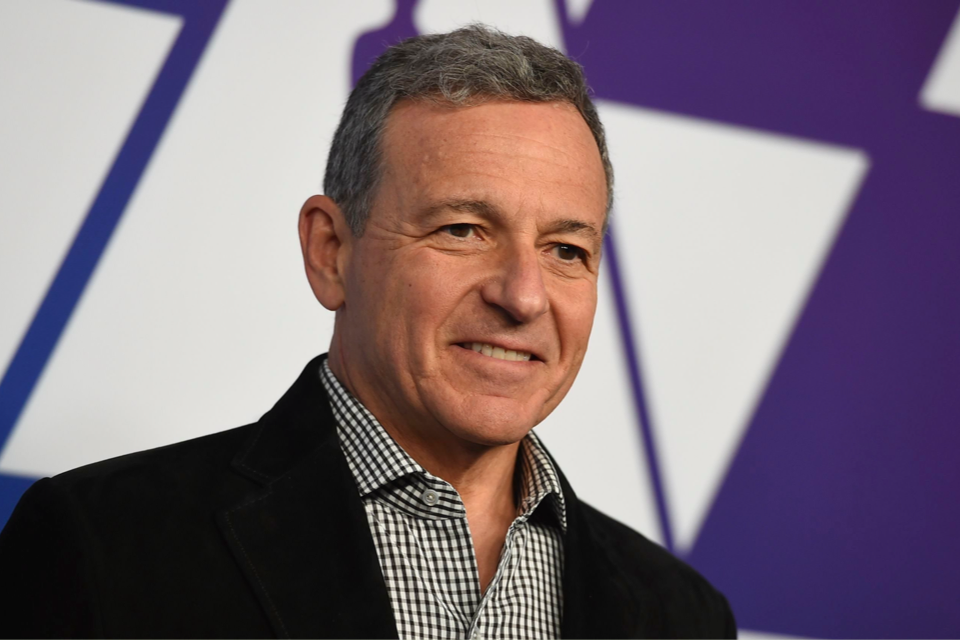ISIS Leader Killed Himself Via Explosive Belt After Turkish Raid
- Tuesday, May 02, 2023

Key Points
- Turkish special forces carry out a four-hour operation to capture Qurashi
- Qurashi detonates his suicide vest when he realizes he will be apprehended
- Turkish-backed Syrian armed groups put up a perimeter around the region
ISIS leader Abu Hussein al-Qurashi's six-month rule came to an end on Saturday after a raid by Turkish special forces in northwest Syria after he resisted being captured, according to a senior Turkish security official.
Qurashi is the third ISIS leader to have been killed by an explosive vest detonating during a raid since 2019; he leaves behind an organization that once dominated millions of people through its control of a third of Iraq and Syria but has since been driven underground.
Special troops were used in the four-hour operation, which was directed by Turkey's National Intelligence Organization (MIT), to blast down walls, a back entrance, and a perimeter fence to reach the man's hiding in a two-story structure close to the town of Jandaris.
Two Syrian security sources claimed that while Turkish special soldiers, who one source claimed had earlier entered Syria in armored trucks, raided the residence, Turkish-backed Syrian armed groups had put up a perimeter around the region.
MIT chose not to respond to this report. Qurashi "was neutralized" as part of the operation by the intelligence forces, according to Turkish President Tayyip Erdogan on Sunday.
The security official's pictures of the scene revealed a red-roofed structure with most of its ground floor's walls destroyed. On a concrete patio with a tiny fountain and on the brick-red soil of a nearby field with olive trees, there were pieces of metal and cinder blocks lying around.
The official added that Qurashi detonated his suicide vest when he realized he would be apprehended. The MIT, which the Turkish source claimed had been tracking Qurashi for a long time, carried out the covert operation after realizing he would shortly relocate. According to the Reuters source, calls for Qurashi to give himself up went unanswered.
A sign of how far the group's influence has shrunk since former leader Abu Bakr al-Baghdadi stood on the pulpit of a packed mosque in Iraq in 2014 to proclaim his self-styled caliphate is that Qurashi, like his predecessor, never gave a public speech.
Qurashi was the most recent of several high-ranking ISIS members to be killed or seized in northwest Syria, a pocket of land held by opposing militias, including hardline armed groups and jihadist organizations backed by Turkey.
Following the group's territorial defeat in Syria and Iraq in 2019 and with members and supporters slipping across the impenetrable 600-km (370-mile) Iraqi-Syrian border, the area has emerged as the most significant ISIS safe haven in the area.
"The only safe haven for the senior Daesh (ISIS) leaders is in Syria, and specifically in areas bordering Turkey," a representative of Iraqi intelligence said.
Iraqi intelligence collaboration with Turkey played a significant role in recent operations targeting senior ISIS members. The collaboration enabled Turkey to ascertain Qurashi's general location in Syria. A top ISIS leader named Khaled al-Jabouri was brought from Turkey to Syria by Iraqi agents, who murdered him in a U.S. drone strike last month, Reuters reported.
Two ISIS militants from Afrin and a village close to Jandaris were caught by Turkish-backed armed groups during that operation, according to the sources. They were trying to deliver a message from Qurashi to Jabouri. The Reuters sources also said that the U.S. had assisted in the provision of intelligence gleaned from cutting-edge systems that could eavesdrop on ISIS communications in Syria.
A representative for the coalition led by the United States to combat ISIS said they do not comment on the militaries of other countries. Concerning any involvement of Iraqi intelligence in the operation, a Turkish security official refrained from comment.
Analysts anticipate that ISIS will eventually name a new leader after Qurashi's departure. He would become the fourth in as many years, presiding over a group that has seen a significant reduction in activities across the areas it operates, chiefly the Middle East and Africa.
ISIS's future leader would probably be an Iraqi, like his predecessors, according to Iraqi intelligence officers, but there were only a few commanders left who were qualified to assume the position, and three of them were known to Iraqi intelligence.
ISIS has not acknowledged the death of its leader or made any remarks about it.
ISIS militants are still conducting insurgent attacks, and according to a U.N. report from February, ISIS has between 5,000 and 7,000 members and supporters, roughly half of whom are fighters, dispersed throughout Syria and Iraq.



